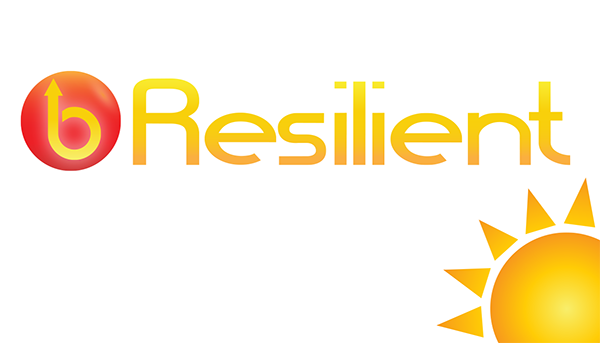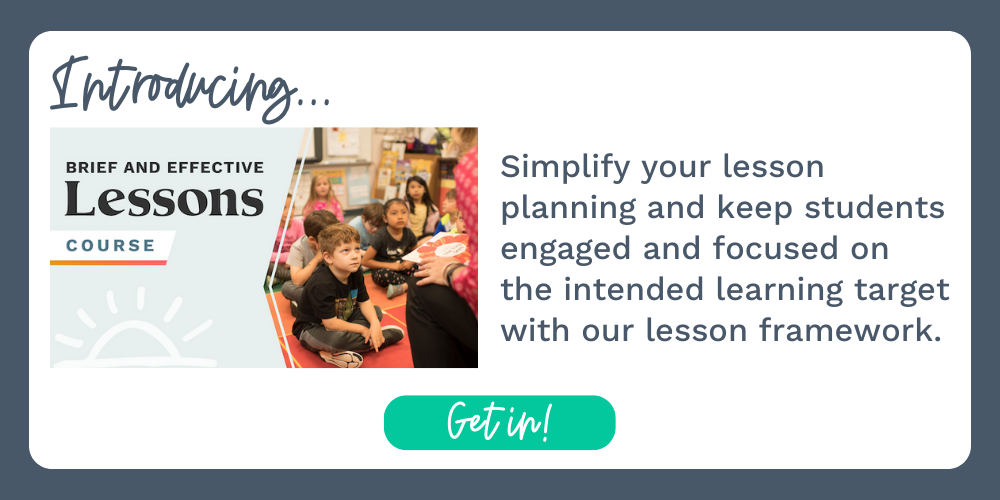
Lori Sabo
Because of my desire to be ready to match a child with a book, have an excellent text for a focus lesson, or discover a new favorite read-aloud, my reading diet leans heavily toward picture books and chapter books for children. If you sneak a peek at my Goodreads page, you will see proof of this and how seldom adult books make an appearance.
However, upon the insistent urging of a friend, I dug into The School of Essential Ingredients by Erica Bauermeister.
I was so enamored with the exquisite writing in the following excerpt that I read it three times before moving on:
Lillian had been four years old when her father left them, and her mother, stunned, had slid into books like a seal into water. Lillian had watched her mother submerge and disappear, sensing instinctively even at her young age the impersonal nature of a choice made simply for survival, and adapting to the niche she would now inhabit, as a watcher from the shore of her mother’s ocean. (p. 7)
Did your jaw drop open like mine did? Ordinary words, carefully selected and combined, created such a powerful image that I had to pause for a moment in reverent awe.
My reading is often punctuated with bursts of “Oh my gosh, I can’t wait to share this with ______” or “Who else needs to know about this book?” It is a rare occasion that I get together with Gail or Allison without a book in hand, which is thrust at them with the demand “You have to read this” before visiting can commence. After I read the above passage to Gail, she immediately downloaded the rest of it onto her Kindle.
Is the same thing true in your reading life? Do you and your friends and colleagues swap terrific titles? Are you always thinking about who else needs to know about the book you are currently in love with?
This book love can be a powerful component to help readers thrive in our classrooms. We can create it if we give them time to talk to each other about what they are reading. We can foster it if we model explicitly, ending book talks with words like, “Rachel, I thought of you when I was reading this because you love horses and mysteries too. Would you like to put it in your book box next?”
Let’s create a culture where students readily think about and offer answers to the following: “Who else would love this author?” “Who else needs to read this because they love learning about . . . ?” “Who else should read this series because they love being scared” or “ because they devour books that make them laugh?” If we really allow them to get to know each other as a community of readers, they’ll easily be able to identify and answer the “Who else?”
On a side note—I jotted a quick note to Erica Bauermeister telling her how amazing the book was and got the following reply.
Dear Lori,
Thank you so much for your letter. I love the idea of you reading, reading, reading, so you’ll always know the right book for your students. When my kids were younger, I was the “book lady” for their classrooms. Every month I would bring in five new books, which I would present and then leave for the classroom library. Such fun—I felt like Santa Claus 12 times a year.
I am also glad that you took a break to read a book just for you, too, and that it was mine :)
All the best,
Erica
Wouldn’t we love to have a parent helper like that? Happy reading (and sharing).
News From The Daily CAFE
Identifying Student Strengths
Alpert by LaNesha Tabb
Reluctant Readers–Improving Reading Motivation










